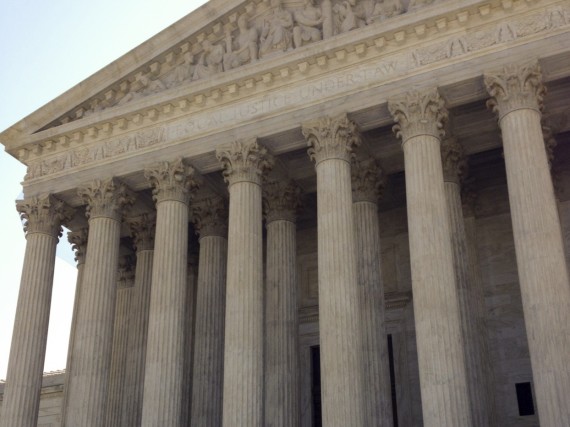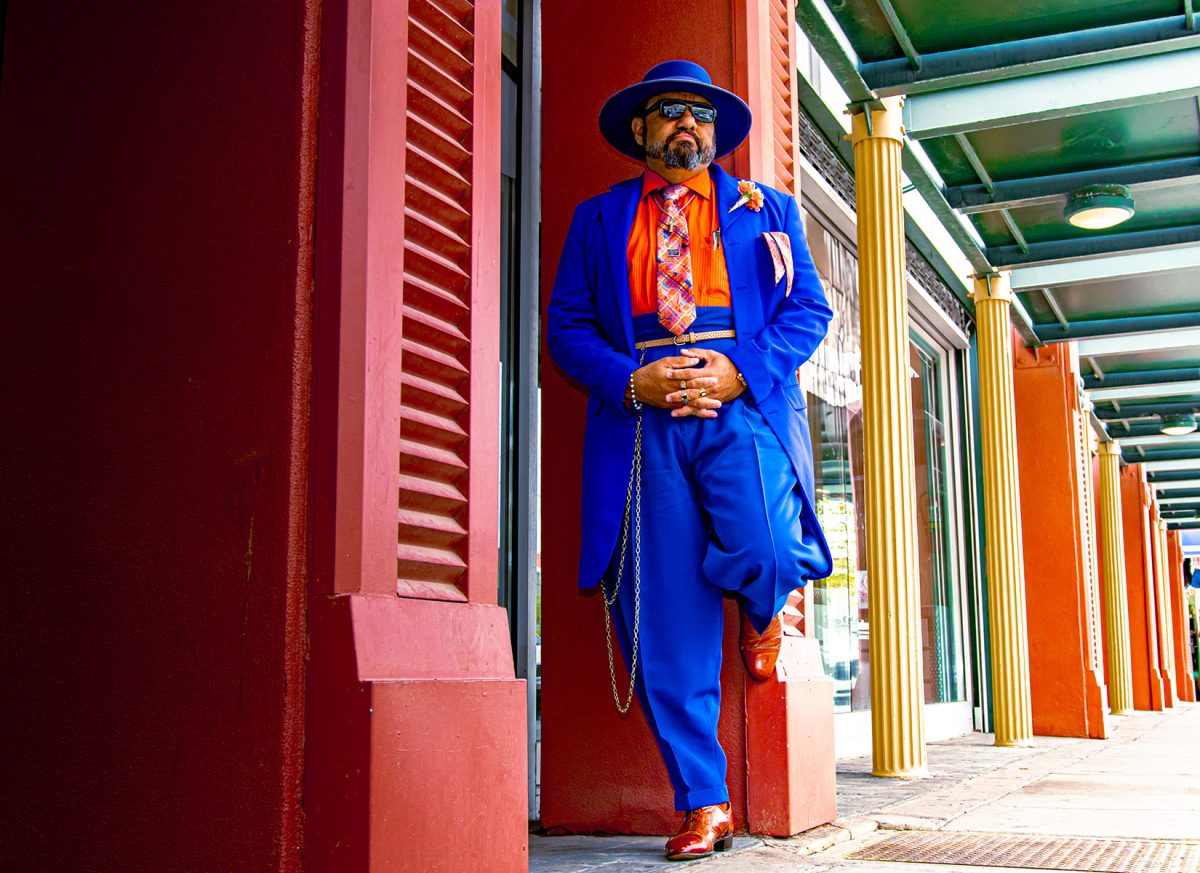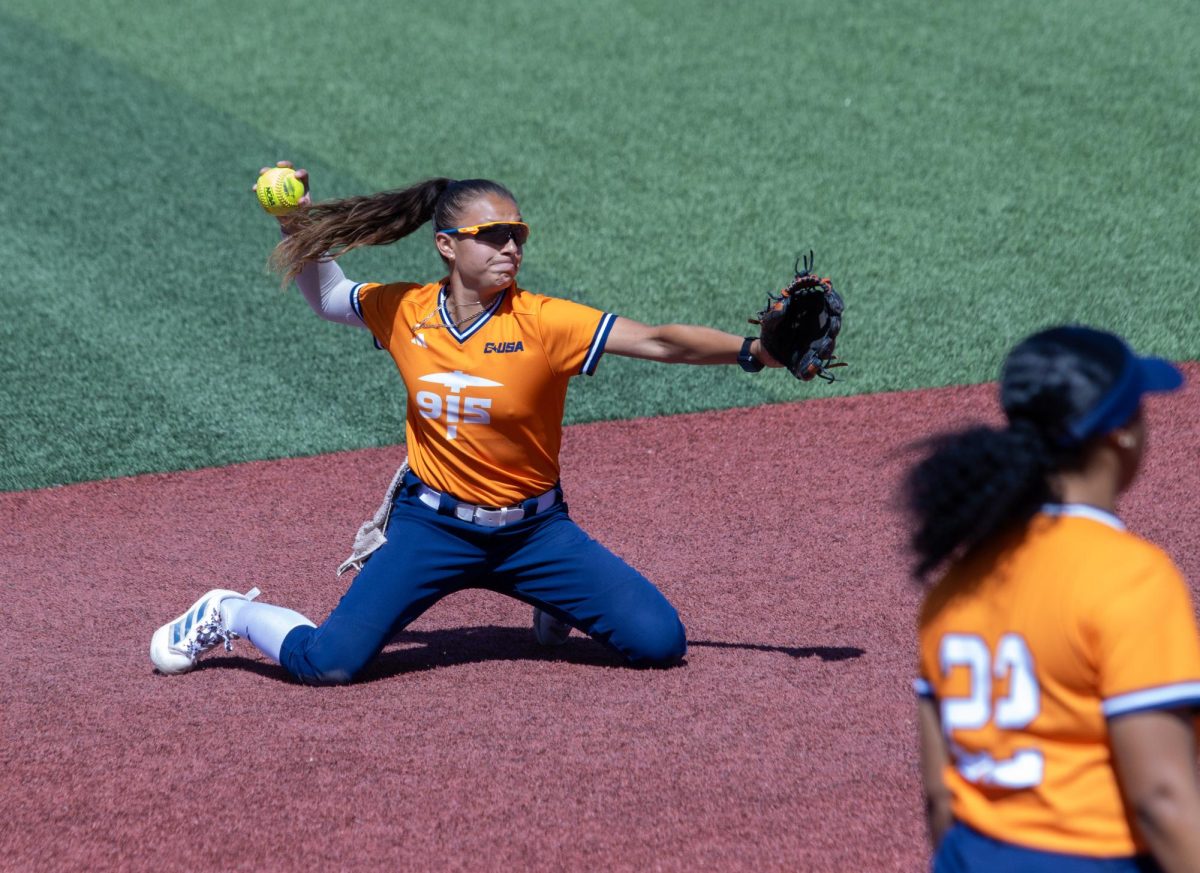WASHINGTON – The Supreme Court upheld a federal gun law banning someone from purchasing a gun on another person’s behalf and lying about it to the dealer – even if both can legally own a gun.
Monday’s 5-4 decision upheld the conviction of former policeman Bruce Abramski, who offered to purchase a Glock 19 handgun for his uncle because he thought he could get a discount with his old police I.D. This type of transaction is called a “straw man” purchase. Abramski bought the gun in Virginia in 2009 and sold it to his uncle in Pennsylvania.
Neither was prohibited from owning a firearm. The majority upheld a lower court ruling that Abramski’s act was illegal.
Federal regulations required Abramski to fill out a form that asked if he was the “actual buyer” of the gun – to which he answered yes. Abramski argued that federal gun law does not care about straw purchases.
As long as the person at the counter is eligible to own the gun, the sale to him should also be legal, according to the dissent written by Justice Antonin Scalia and joined by Chief Justice John G. Roberts Jr., and Justices Clarence Thomas and Samuel A. Alito Jr.
Justice Elena Kagan wrote the majority opinion, which was joined by Justices Anthony M. Kennedy, Ruth Bader Ginsburg, Stephen G. Breyer and Sonia Sotomayor.
“No piece of information is more important under federal firearms law than the identity of a gun’s purchaser,” Kagan wrote.
Jonathan Lowy, director of the Legal Action Project at the Brady Center to Prevent Gun Violence, said in a written statement that court “has properly recognized that federal law requires that those who intend to buy a gun from a licensed gun dealer cannot circumvent the Brady law by using a straw purchaser, but must submit to a Brady background check.”
The court ruled that upholding the federal law was crucial to the safe sale of guns. Almost half of all gun trafficking investigations involve straw purchasers, according to the Bureau of Alcohol, Tobacco and Firearms. Proper federal background checks are vital to keeping guns out of the hands of felons, drug addicts, and the mentally ill, the opinion said.
“This is a very big and very positive decision that will save lives by keeping guns out of the hands of dangerous people. Once again the Supreme Court rejected efforts by the corporate gun lobby to undermine federal gun laws, reaffirming that sensible laws can have a big impact while being consistent with the Second Amendment,” Dan Gross, the Brady Center’s president, said in a statement.
The National Rifle Association, a pro-gun rights activist group, sided with the dissent.
In a friend-of-the-court brief submitted before the court heard arguments in the case, the NRA said“congress’ intent was not to prevent transfers of firearms between persons who are both legally entitled to purchase the firearm.”
The opinion did not address the Second Amendment right to bear arms. It was restricted to an interpretation of a law that is intended to prevent felons and others who are not allowed to own guns from buying them and to assist law enforcement authorities in tracing guns used in a crime.
Anna Giles is a senior broadcast journalism and international relations major at Syracuse University. She is currently participating the Scripps Howard Foundation’s Semester in Washington program. She may be reached at [email protected].










